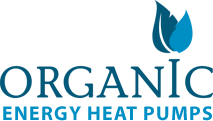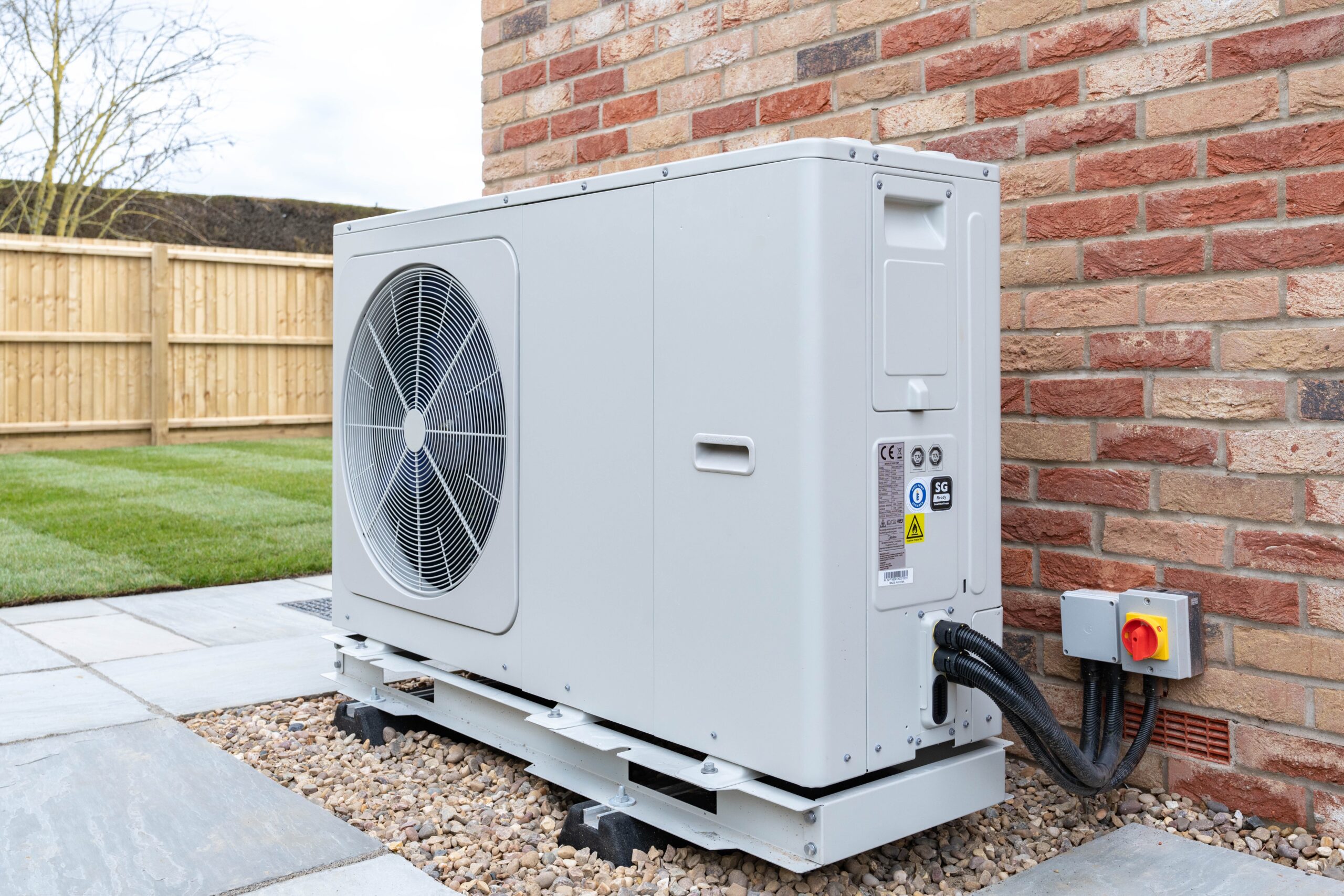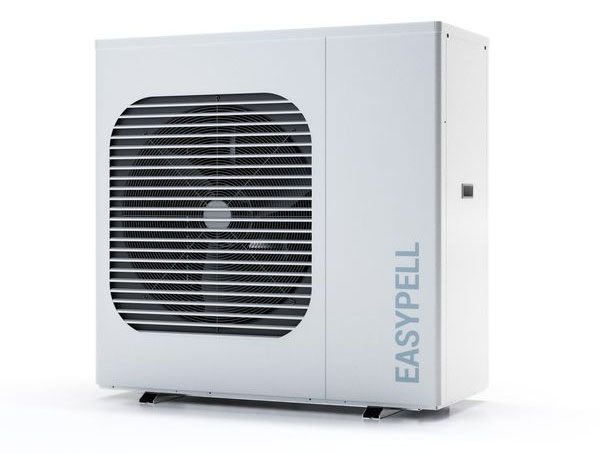Heat Pump Performance Considerations: Maximising Efficiency and Sustainability
Heat Pump Performance Considerations: Maximising Efficiency and Sustainability
Introduction
Heat pumps have become a linchpin in the quest for energy-efficient and sustainable heating and cooling solutions. In this article we discover it’s crucial to understand Heat Pump Performance Considerations and their metrics that dictate their efficiency. Among these, the Coefficient of Performance (COP) stands out as a fundamental indicator. Alongside COP, metrics such as the Seasonal Energy Efficiency Ratio (SEER), Energy Efficiency Ratio (EER), Seasonal Performance Factor (SPF), and Seasonal Coefficient of Performance (SCOP) provide a comprehensive view of a heat pump’s performance across different conditions. In this article, we delve into these essential performance metrics and explore strategies for improving the COP of heat pumps.
Improving The COP Of Heat Pumps
Enhancing the COP and overall efficiency of heat pumps involves several strategies, including
- Regular Maintenance: Ensuring the system is well-maintained, with clean filters and coils, can significantly improve efficiency.
- Optimal Sizing: Correctly sizing the heat pump for the specific requirements of the space can prevent inefficiencies associated with under or over-sized units.
- Thermostat Management: Smart thermostats can optimize heat pump operation, adjusting temperatures based on usage patterns and external weather conditions.
- System Upgrades: Incorporating advanced technologies, such as variable-speed compressors and fans, can improve performance and adaptability to varying conditions.






